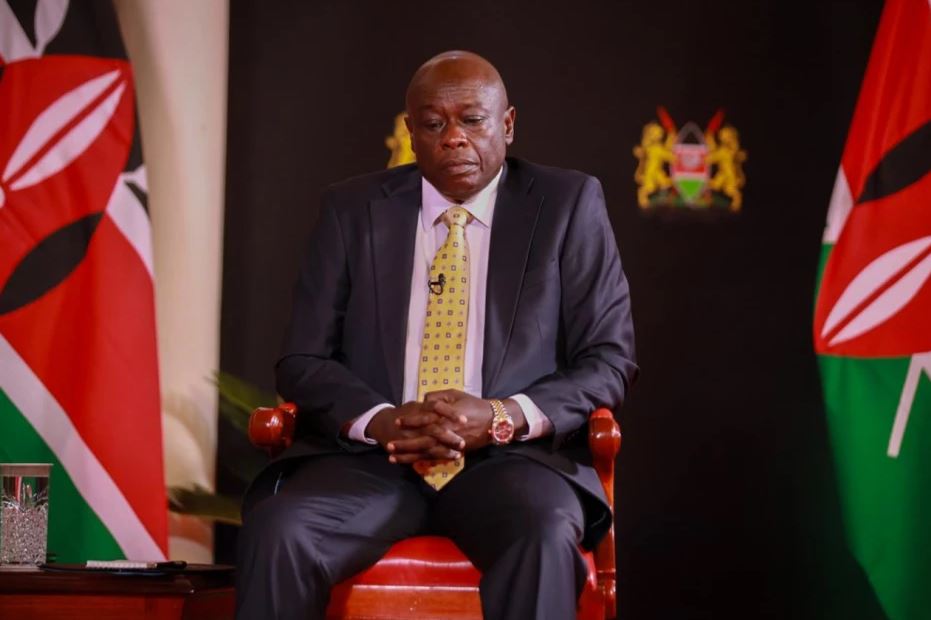 Government ministries and state agencies are bracing for tighter budgets after the National Treasury confirmed no relief in the upcoming financial cycle.
Government ministries and state agencies are bracing for tighter budgets after the National Treasury confirmed no relief in the upcoming financial cycle.
Treasury Cabinet Secretary John Mbadi announced that President William Ruto’s administration will extend austerity measures into the next fiscal year to manage ongoing financial challenges.
Ministries and agencies have been directed to review their activities, projects, and programs for the 2025-26 budget. This directive is outlined in the 2024 Budget Review and Outlook Paper (BROP), which emphasizes prioritizing essential programs and reducing wasteful spending.
“Sector Working Groups (SWGs) are required to eliminate wasteful expenditures and pursue priorities aimed at safeguarding livelihoods, creating jobs, reviving businesses, and promoting economic recovery,” CS Mbadi directed.
The government projects to raise Ksh3.4 trillion in revenue for the next financial year, with Ksh3 trillion expected from domestic sources. However, expenditure is estimated at Ksh4.16 trillion, with Ksh3.06 trillion allocated to recurrent costs and Ksh663.2 billion for development projects. County governments will receive Ksh432.7 billion, while Ksh5 billion is reserved for the contingency fund.
The Treasury has revised the budget estimates due to the collapse of the Finance Bill, 2024, which created a revenue shortfall of Ksh283 billion, further increasing the budget deficit to Ksh768 billion.
In response, the Treasury has introduced strict measures to enforce financial discipline, requiring ministries to justify planned expenses and focus on program efficiency rather than incremental budgeting.
“SWGs should ensure emphasis is placed on allocating the limited resources based on programme efficiency and requirement, rather than incremental budgeting,” Mbadi said.
The government will continue using a zero-based budgeting approach to control spending and will explore non-tax revenue measures through public services.
Austerity measures will remain in place to reduce recurrent expenditure and improve overall spending efficiency.








